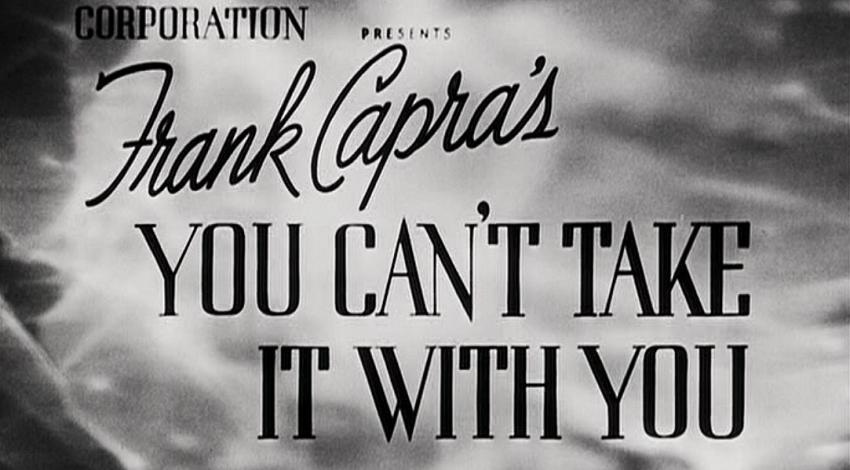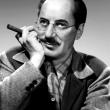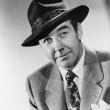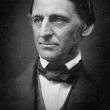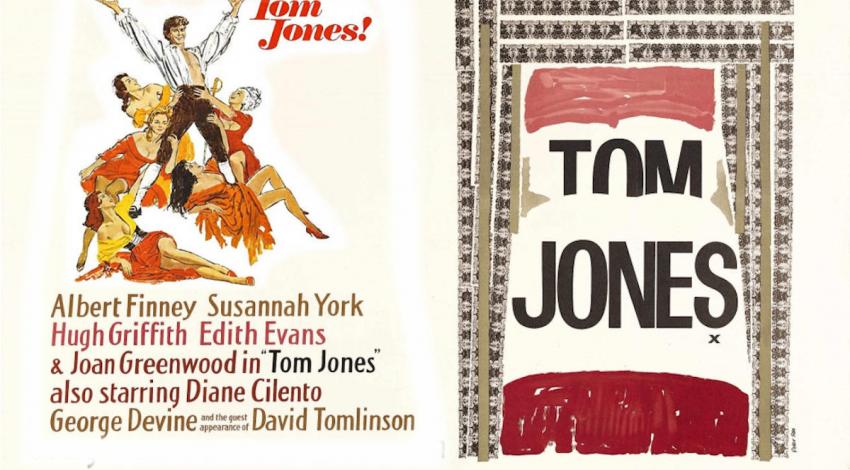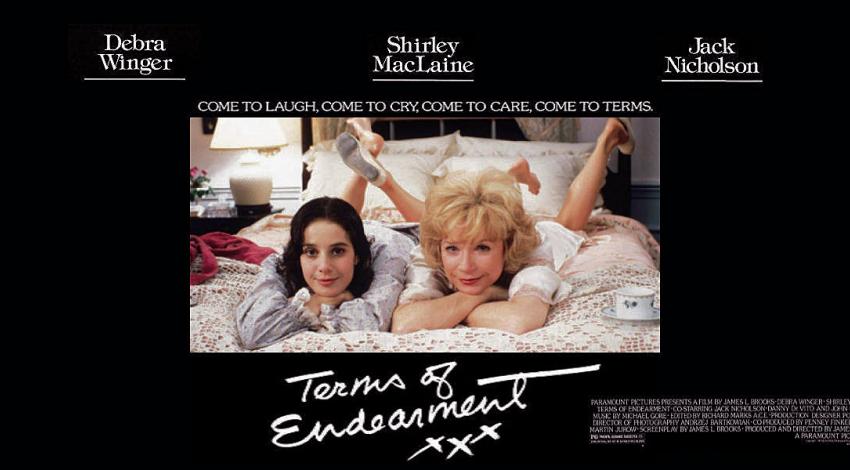"Wings" (1927)
"Wings" (1927-28)
Wings is a 1927 American silent war film set during the First World War produced by Lucien Hubbard, directed by William A. Wellman and released by Paramount Pictures. It stars Clara Bow, Charles "Buddy" Rogers, and Richard Arlen. Gary Cooper appears in a small role which helped launch his career in Hollywood. Two young men, one rich, one middle class, who are in love with the same woman, become fighter pilots in World War I.
- Read more about "Wings" (1927)
- Log in or register to post comments








